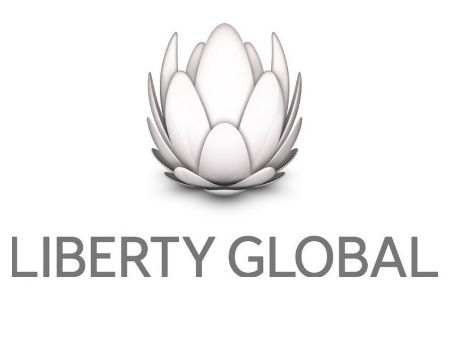Liberty Global Targets 10M WiFi Hotspots
The smarter way to stay on top of the multichannel video marketplace. Sign up below.
You are now subscribed
Your newsletter sign-up was successful

Liberty Global used its fourth quarter earnings call on Friday (Feb. 13) to provide an overview of its strategic priorities, including some additional detail on its rollout of WiFi, Horizon (its next-gen TV platform), and its anticipated deployment of DOCSIS 3.1.
On the WiFi side, Liberty Global, which already offers mobile service via MVNO deals, has deployed about 5 million WiFi hotspots so far, and expects to double that to 10 million by the end of 2015, company CEO Mike Fries noted during the call.
In addition to providing more wireless broadband access to Liberty Global customers, that coming expansion will also benefit Comcast subs in the wake of a a WiFi roaming/peering deal announced by the cable ops last fall.
Fries also said Horizon, the MSO’s next-gen, IP-capable video platform, has surpassed the 1 million subscriber mark, adding that the Horizon Go App is currently offered in eight countries. That work complements Virgin Media’s use of a TiVo-powered platform in the U.K.
Via Horizon and TiVo, one in four of Liberty Global’s digital TV subs now have access to an “advanced TV platform, and that number is ramping up fast,” Fries said, adding that the average Horizon sub generates 20% more ARPU.
On the broadband front, Fries also reiterated that Liberty Global will be trialing DOCSIS 3.1, putting into play a new CableLabs-specified IP platform that is targeting multi-gigabit speeds – up to 10 Gbps down and at least 1 Gbps in the upstream.
Fries also downplayed BT’s work in the U.K. around G.fast, an emerging technology that brings 1-Gig capabilities to DSL networks with short loop lengths. “We don’t think there is any G.fast or any other copper-based technology that is going to put us at a material disadvantage on broadband speeds at all,” he said.
The smarter way to stay on top of the multichannel video marketplace. Sign up below.
That D3.1 rollout, Fries added, will be “relatively inexpensive [and a] largely variable cost exercise as it was with [DOCSIS] 2.0 to [DOCSIS] 3.0.”
In Europe, Liberty Global’s average broadband customer is getting 70 Mbps (down) and consuming 70 gigabytes per month, figures that are growing 40% to 50% per year, Fries said, noting that all of the MSO’s systems offer 150 Mbps to 250 Mbps products now, and that the operator has begun to sell 500-meg products in three countries.
At the end of 2014, Liberty Global had 24.5 million unique customers – 21.8 million video subs, 14 million broadband subs, and 12.1 million phone subs.
During the fourth quarter, Liberty Global lost 50,000 video subs, added a record 270,000 broadband customers ,and tacked on 192,000 phone customers.
Liberty Global posted a fourth quarter loss of $121 million (31 cents per share) on revenues of $4.62 billion, up 72% versus the year-ago quarter, driven primarily by the inclusion of Virgin Media, which was acquired by Liberty Global last June.
